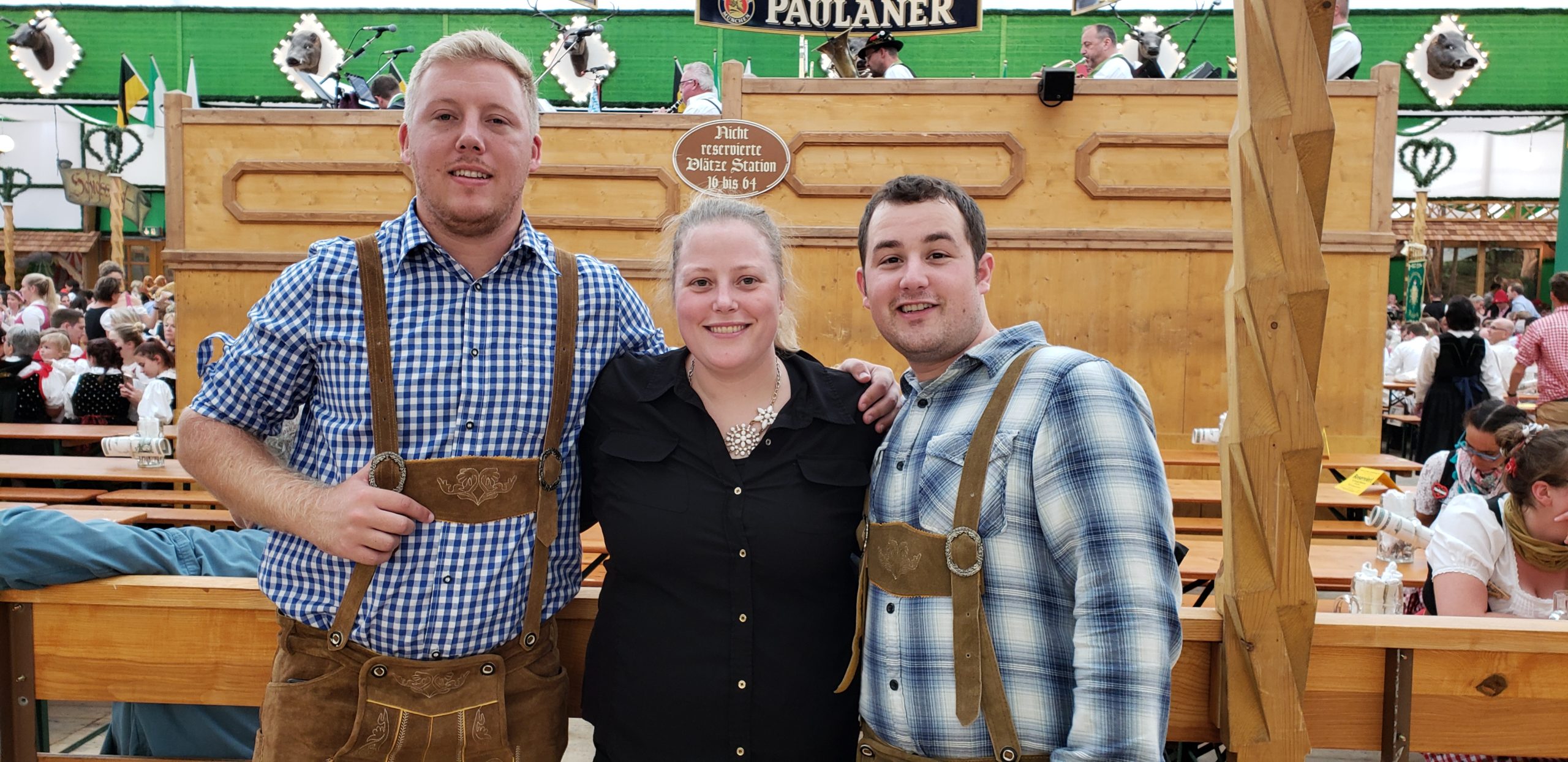
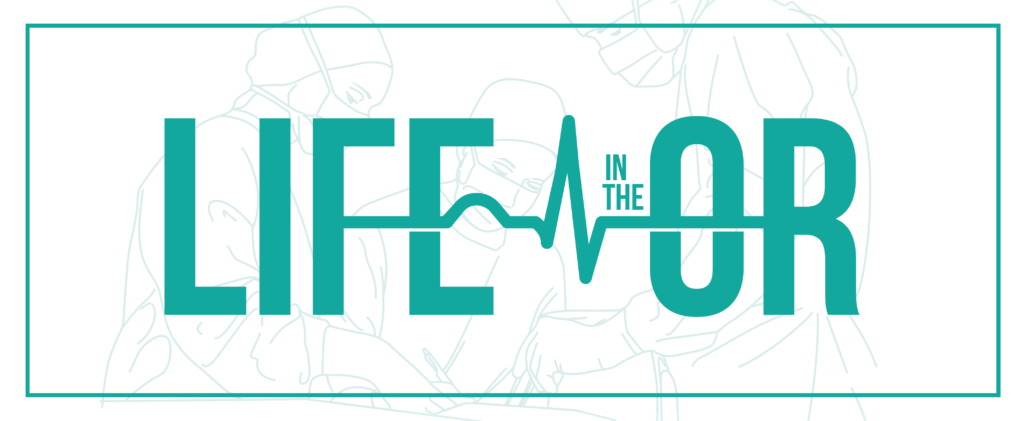
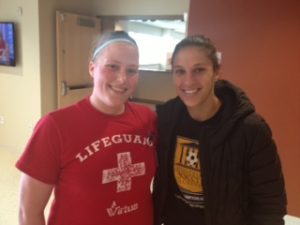
Megan Neckelmann (left) with U.S. Women’s Soccer Player, Carli Lloyd
Like many of our IONM clinicians, the field of intraoperative neuromonitoring wasn’t Megan Neckelmann’s radar originally. In high school, her job as a lifeguard and participation in the athletic training program, assisting athletes in preventative care and helping with any game-day injuries, sparked her interest in healthcare.
“I thought I wanted to become a physical therapist and get my DPT after my bachelor’s,” she said. “But after doing an undergrad I just couldn’t fathom doing another three years of school.”
So, after college she returned to familiar ground, leading the aquatics program at a YMCA in New Jersey for special needs students ages 3-21.
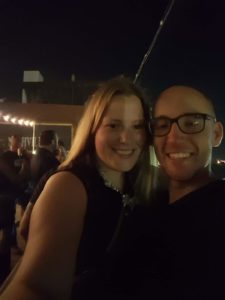
Megan with co-worker Andrew Bixler
Then a friend introduced her to the field of IONM, thinking it would be a great career opportunity for her given her interest in healthcare. After she met with him to learn more about the role of a surgical neurophysiologist, she was convinced it was the career for her. In 2017, she was accepted into SpecialtyCare’s award-winning Surgical Neurophysiologist I Training Program and was placed with our Boston team.
Now, more than two years into her IONM career here at SpecialtyCare and says she appreciates being in Boston, as it’s a hub people entering the medical field. Whether it’s medical students, residents, or fellows, she enjoys educating them about IONM in hopes they’ll consider incorporating it in future cases.
“We’re lucky up in here in Boston that we get to work with some of the brightest minds in the country,” she said. “The majority of surgeons up here have a deep understanding of IONM and are really appreciative of us in the OR. We’re here help navigate the neural anatomy and prevent/detect any neurological changes that may occur. There are a lot of complicated cases that go on here on a daily basis so our role is essential.”
What is the toughest part about your job?
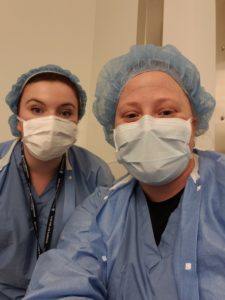
The hardest part about the job is the unpredictability and long days. Some of our cases are pretty long and requires us to be at the hospital for the entire day. I think being a college athlete helped in terms of working hard and the commitment it takes to perform the job. I try to carve out time for myself during my free time and plan fun activities to look forward to. One of my passions if traveling. I’ve been to 13 countries so far and just got back from Spain a couple of months ago.
What Do You Love Most About Being a Neurophysiologist?
The thing I love most about being a surgical neurophysiologist is helping people and being part of a team. Feeling like you’re making a difference and being a part of making surgery safer is very rewarding. My team is also made up of advanced clinicians that are very versed in the field of IONM. Having a great team to work with every day makes coming to work rewarding. We also have the opportunity to see a wide variety of cases that most people aren’t able to experience so it’s a pretty interesting experience.
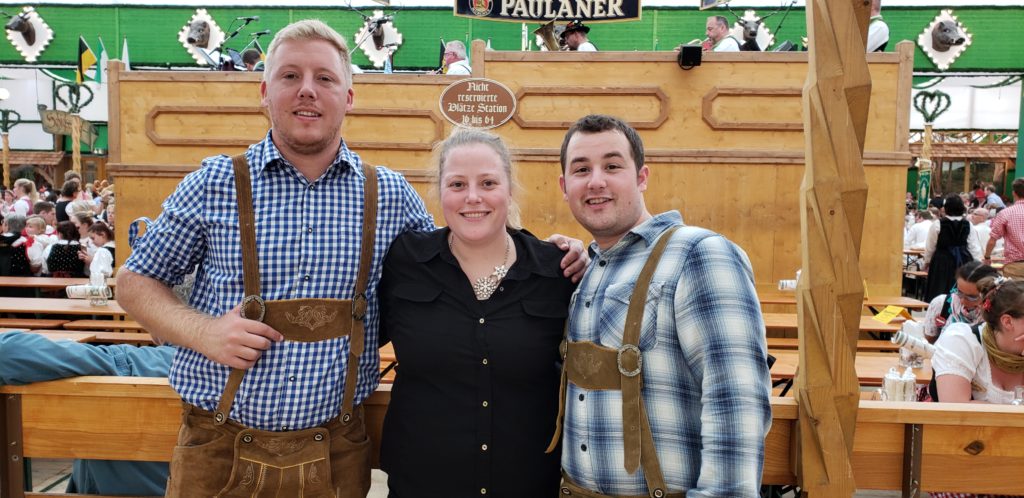
Megan and friends in Germany!
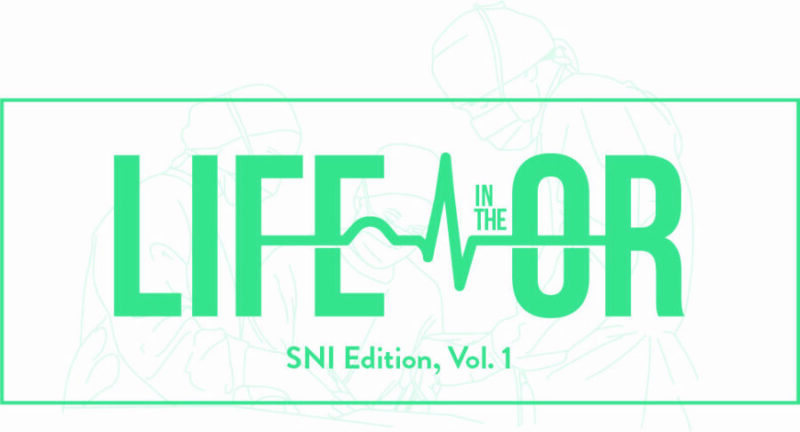
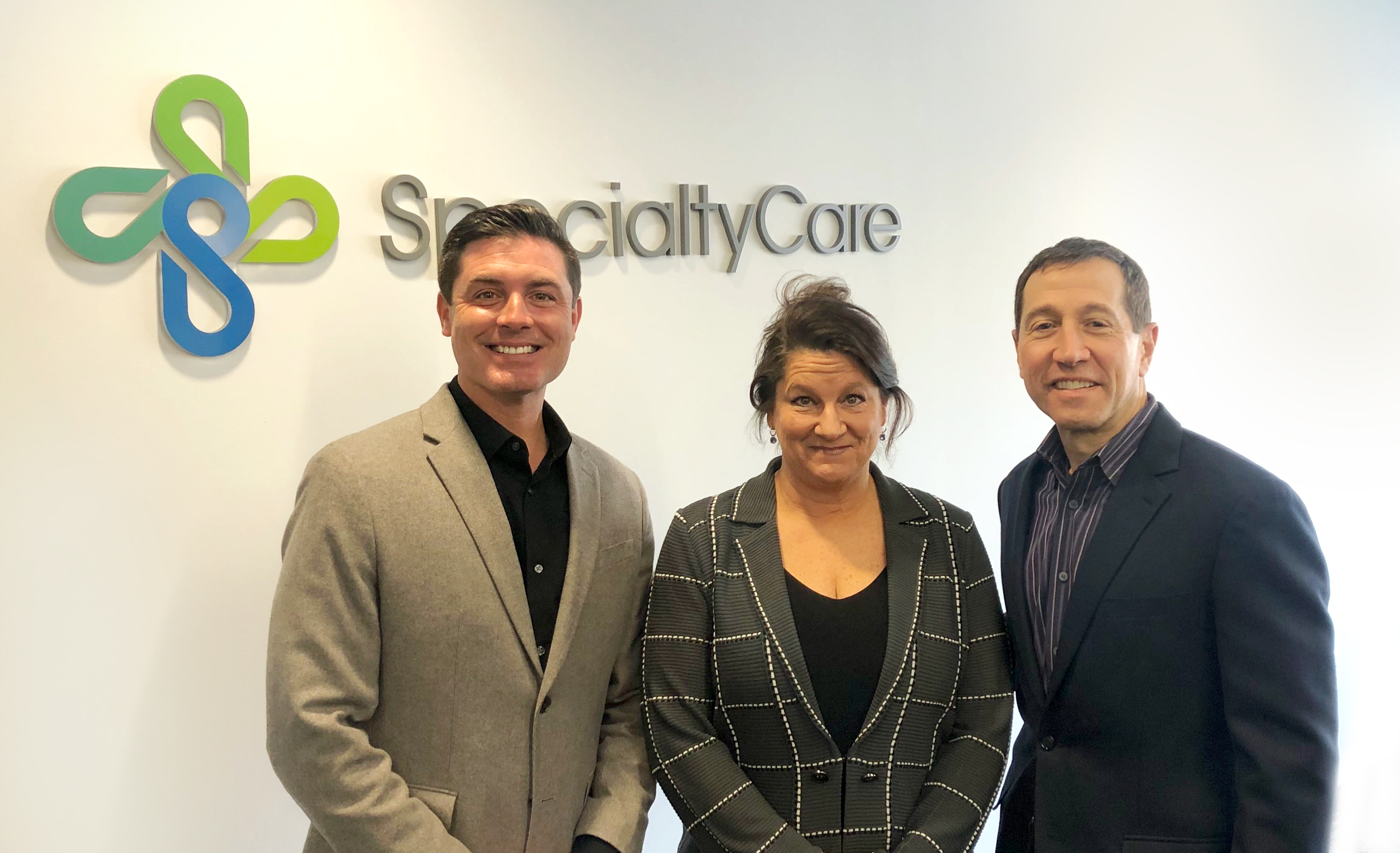

Comments are closed.